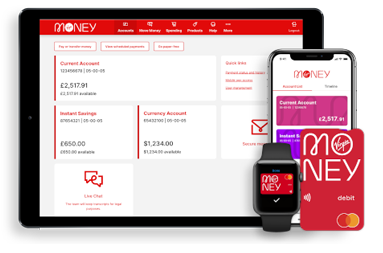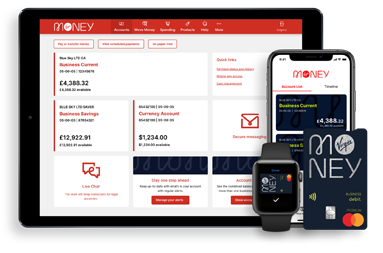How to buy a supplier
< back to all business news articles
10/07/2017
A great way to expand your business is to purchase another business. Buying out a supplier can be a great growth tactic, especially if they’re a critical part of your success. You’ll be able to stabilise your supply and have an opportunity to control any sales to other businesses.

If you’re a retailer, and you buy out your manufacturer, you’ve diversified your business and can engage in supplying other businesses. But there are several other benefits to buying a supplier, such as:
- Lower costs for your business – you’re eliminating the mark-up a supplier would add to the price.
- Quality control in your hands – as your own supplier, you’ve got more control over the quality of the products you sell.
- The chance to improve efficiency and logistics – you control the management of the flow of information and products, so you can implement your own plans for distribution. You can fill orders faster, which means you avoid running out of supplies.
- The opportunity to increase profits – ideally the supplier is making an independent profit. Adding synergies and efficiencies could improve profit across both businesses.
If one of your suppliers comes up for sale, think about what the purchase of it could mean for your business. If you can tick all the above, it’s probably going to be a wise and profitable investment.
Steps to take
As with any major purchase, due diligence is essential. It’s important that you:
- Have a clear idea of how they make their money, so you know what kind of profits to expect. This is the kind of task you should undertake with your accountant or business advisor, as they’ll be able to pinpoint any flaws in the balance sheet.
- Understand their employee structure. Will all staff be included in the purchase, and if so, are they happy to move to you? Are there key positions you intend to retain or eliminate?
- Make sure their business culture is in line with yours. Clashes over operation and management can be stressful, time consuming and expensive.
- Are confident that the purchase makes sense from a financial standpoint. While nothing is guaranteed, you should be reasonably sure that your business will benefit from the purchase. There are always risks, and you should be confident that they’re worth taking.
It’s also important to take your own capacity to manage the new business into account. Is it something you’re going to do yourself, or will you appoint a key employee to run it on your behalf? Making sure you’re capable of managing the new supply aspect of your business is a key responsibility.
Buying a supplier means you’ll reduce costs, enjoy more control and have the opportunity to sell to other businesses, giving you a competitive advantage. It’s a challenging process, so it’s important to plan ahead for the increased workload and be sure that you have the capacity and ability to handle it. It’s critical that your accountant and lawyer are involved throughout the process, as they’ll keep everything on track legally and financially.
Advice and resources
- The Small Business website has an article on the advantages of buying out a supplier.
This blog is not financial advice. The content of the blog is reliable at the time of publishing, but we can’t guarantee it is entirely free from error or omission beyond our knowledge. Links are provided for you to explore, but we have no connection with third party sites or responsibility for their content.
POSTED IN: Growth,2017
SHARE
Related Articles
You can find impartial information and guidance on money matters on the “MoneyHelper” website.
Clydesdale Bank is covered by the Financial Services Compensation Scheme (FSCS), Find out more.


